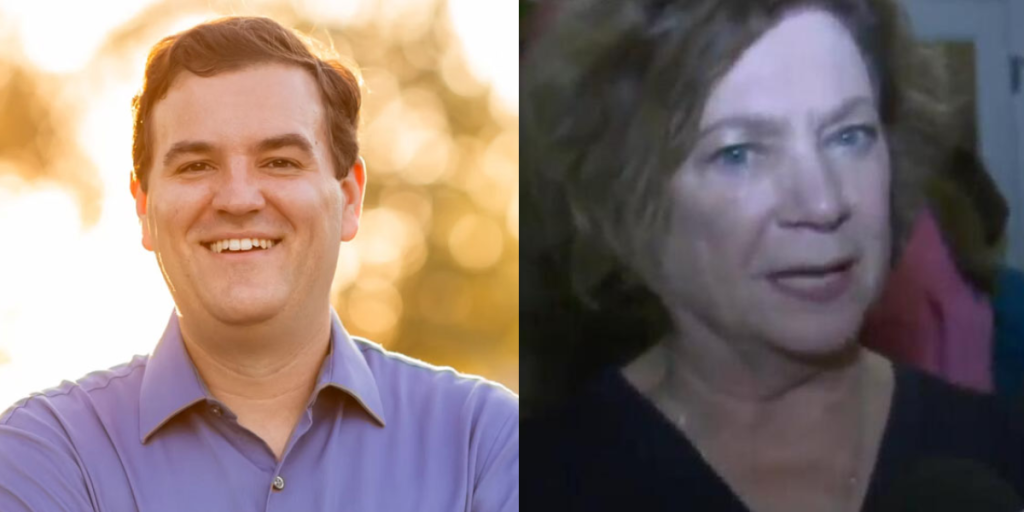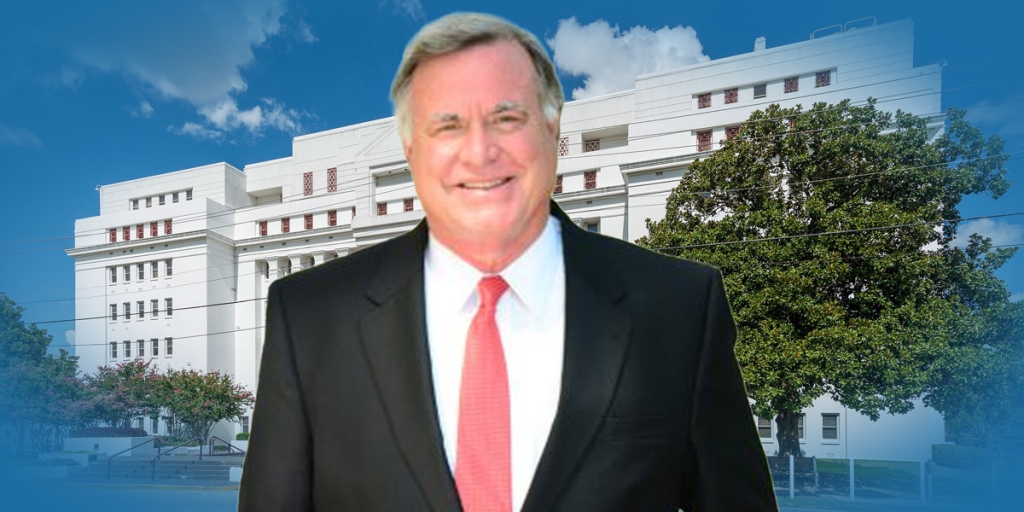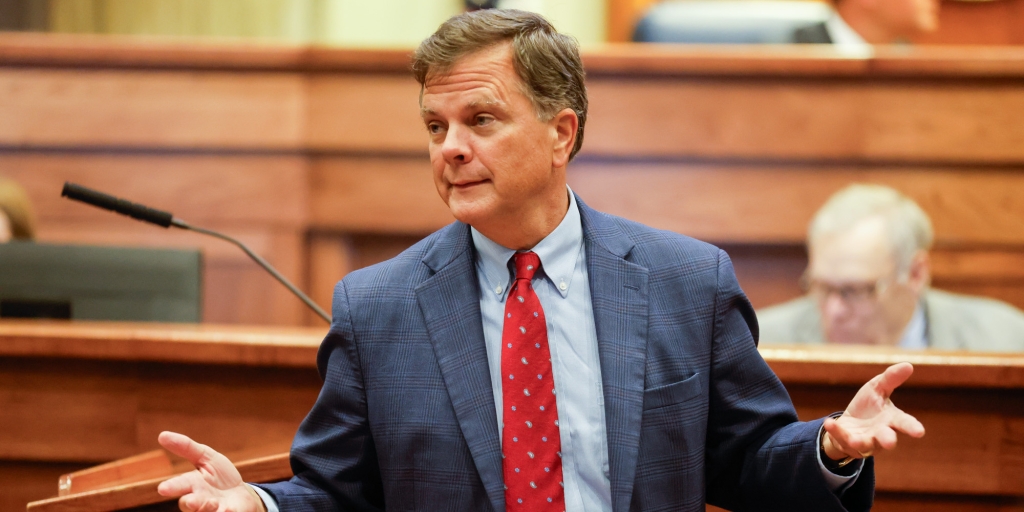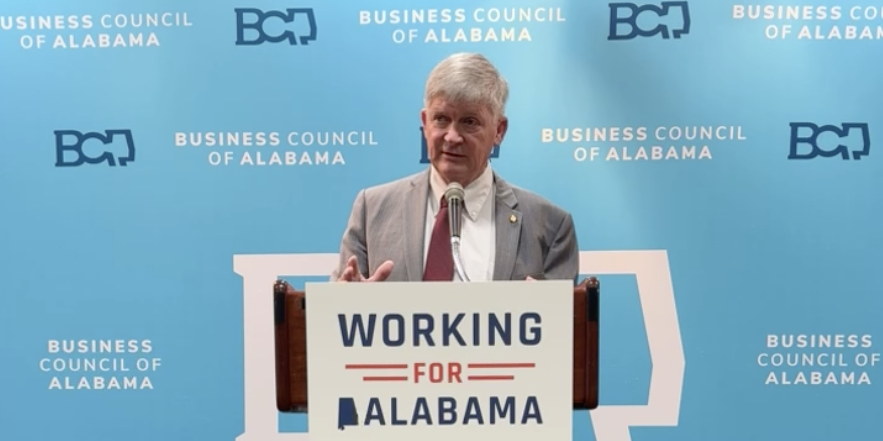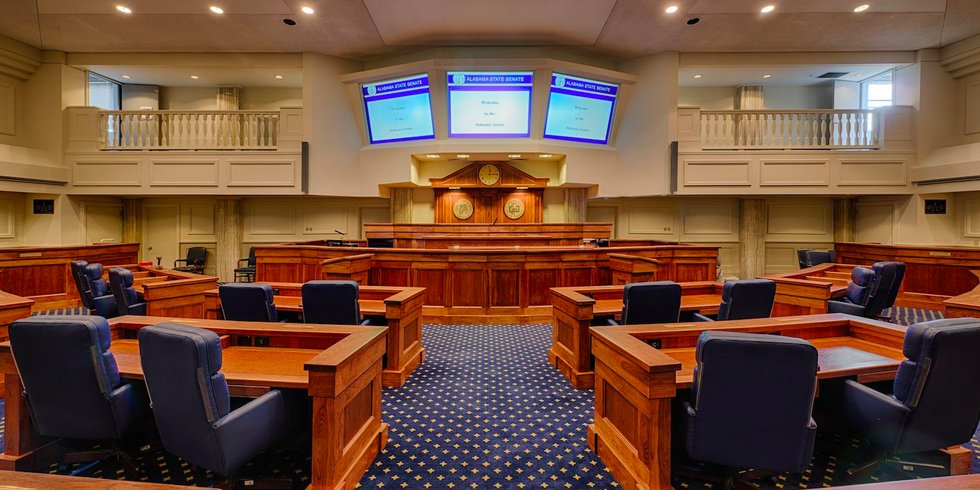
MONTGOMERY, Ala. — The word of the night was “compromise” in the Alabama Senate, where Republican lawmakers pushed through two budget reform measures before also raising taxes by roughly $86 million annually.
The Senate approved the transfer of $80 million in use tax revenue from the Education Budget to the General Fund Budget.
The use tax, which is a tax on goods and equipment purchased by Alabamians outside of the state, brings in roughly $225 million annually and increases by a few million dollars each year. It is one of numerous “growth taxes” — revenue streams that increase as the economy grows — that are earmarked to flow into the Education Budget.
Advocates of transferring a portion of the use tax argued that the state’s beleaguered General Fund does not receive enough growth revenue to keep up with the booming costs of Medicaid and prisons. The Education Budget, meanwhile, is enjoying a surplus thanks to the GOP-backed Rolling Reserve Act, which caps the growth of education spending to help the state avoid proration in lean years.
The Senate also approved tweaks to the Rolling Reserve Act that will immediately free up money to make up for the lost use tax revenue in the Education Budget.
On the tax front, legislators passed a 25-cent per pack tax increase on cigarettes, which will bring in an estimated $70 million annually, at least in the short term. Sen. Bill Holtzclaw (R-Madison), who opposed all of the proposed tax increases, noted that cigarette tax revenue is expected to drop off precipitously in the coming years as smoking declines. The cigarette tax revenue will go toward funding Medicaid, by far the largest driver of increased spending in the General Fund.
Lawmakers also increased taxes on nursing homes by $400 per bed and on pharmacies by adding a new 15-cent tax per prescription. Both taxes were supported by groups representing the impacted industries. The two taxes will each raise $8 million in revenue for Medicaid.
Senate President Pro Tem Del Marsh (R-Anniston) told Yellowhammer the reform measures were important to solving the budget shortfall without additional tax increases.
“There was no appetite in the Senate to generate new revenue without structural changes to the budgeting process,” he said. “I believe the use tax transfer does just that. The General Fund will get much needed revenue growth and the backfill bills we passed will ensure that there is very little impact on the Education Trust Fund. In this special session we were able to create sensible solutions that will benefit hardworking Alabamians for years to come.”
The senate rejected two other tax increases passed by the House — one that would have almost doubled the cost of getting a car title and a second that would have increased taxes on car rentals.
The legislature will reconvene on Wednesday to work toward a finalized budget. The reforms and tax increases are expected to allow appropriators to level fund Medicaid, prisons, Mental Health, Human Resources and the court system. Most other General Fund agencies will be trimmed by roughly 5 percent.
Governor Bentley has indicated that he will likely sign the budget, giving the state a finalized spending plan just days before the Fiscal Year deadline October 1.
Like this article? Hate it? Follow me on Twitter and let me know what you think.
— Cliff Sims (@Cliff_Sims) June 9, 2015





